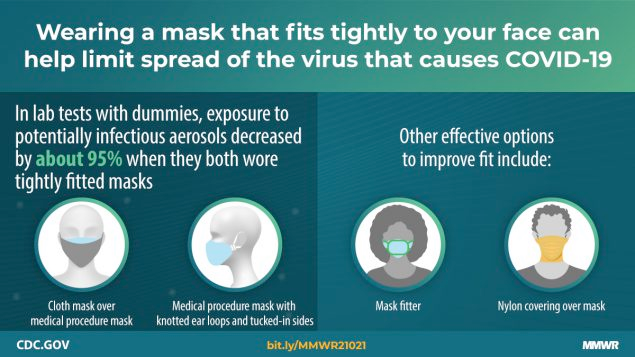
1/ Kevin from Texas asks: I just received the first Pfizer vaccination dose today & am scheduled to donate double red blood cells in one week. Should I reschedule? Will donating blood impact the success of the #vaccination? 

2/ According to the @RedCross, if you received the Pfizer, Moderna, J&J, Novavax, or AstraZeneca vaccine & you're feeling well, you can donate blood--with no wait period. There is also no reason to expect that donating blood will impact your body’s response to the vaccine.
3/ It is safe for the donation recipient because getting these vaccines cannot cause #COVID19 infection-in fact, there is no SARS-CoV-2 virus in these vaccines at all!
Fun fact: this is the same reason that getting #vaccinated cannot cause a positive COVID-19 #infection test.
Fun fact: this is the same reason that getting #vaccinated cannot cause a positive COVID-19 #infection test.
4/ You also do NOT need to defer #blooddonation after you get the vaccine for influenza, pneumonia, meningitis, HPV, tetanus, Tdap, or the SHINGRIX vaccine (that's the two-dose vaccine for shingles). All of these are non-replicating/inactivated virus vaccines.
5/ You DO need to defer your #blooddonation if you've recently received a live attenuated virus vaccine (measles, mumps, rubella, rubeola, chicken pox, Zostavax vaccine for shingles (single-dose), oral polio vaccine, hepatitis B, yellow fever, or a few other less common vaccines.
6/ In your pre-donation health screening, you’ll be asked about recent #vaccinations & the staff doing the screening will determine whether the vaccine you received indicates you should wait.
7/ The American @RedCross is testing all blood donations for #COVID19 #antibodies. This is a blood test indicating if your immune system has responded to #COVID either because you were vaccinated or infected.
8/ A person who has been #vaccinated for #COVID19 *might* show positive on the antibody test provided by the American @RedCross!
9/ But if it doesn’t, that’s OK. There are a couple of good reasons why the antibody test might be negative even if you’ve been #vaccinated & the #vaccine is protecting you.
10/ First, #antibodies don’t develop right away. Second, results would depend on the type of antibody test used. We couldn’t find any info on what type of test American Red Cross uses.
Thanks for donating blood! 🩸 ❤️
#ThoseNerdyGirls #dearpandemic
Thanks for donating blood! 🩸 ❤️
#ThoseNerdyGirls #dearpandemic
• • •
Missing some Tweet in this thread? You can try to
force a refresh






